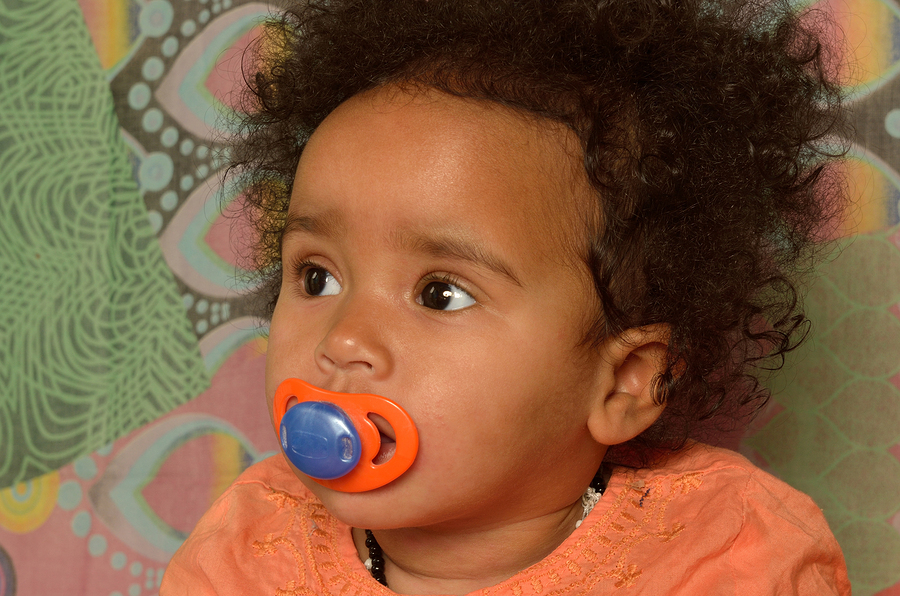
Pacifiers have proven themselves to be yet one more source of parenting controversy. Breastfeeding purists say stick to your guns and keep them out of your newborn’s mouth—even when your baby is not yet able to use his own fingers as an alternative. (We would note that if and when your baby is able to find his own fingers, it’s OK to let him continue using them as natural pacifiers.) Others forewarn that pacifiers are simply a bad habit waiting to happen. Well fear not, you just need to understand a few practical pacifier principles and pitfalls. In fact, pacifiers have, in recent years, earned the status of a valuable ally in the fight against sudden infant death syndrome.
Whether you choose to breastfeed, bottle-feed, or both, here are some tips for pacifier use:
- Soothing through sucking – Pacifiers can be invaluable in soothing babies as well as satisfying those who want to suck all the time. You need not worry about your baby developing a lifelong dependency on them. Just be very careful not to offer your newborn a pacifier at times when they really should be fed instead because pacifiers can inappropriately pacify hungry babies as well as those who are looking for comfort.
- Picking out the perfect pacifier – These days, picking the perfect pacifier may seem like a considerable task, given all of the various brands and styles on the market. To the best of our knowledge, there’s no correlation between price or marketing strategy and effectiveness, so we simply recommend trying one out and seeing if your baby likes it.
- Passing on pacifiers – If your baby just isn’t that much of a “sucker,” they may not need to be soothed by a pacifier at all. Just be thankful that there’s one less thing to keep track of during the day, and consider offering one as they are falling asleep.
What’s the best way to get a child to stop sucking their thumb or using a pacifier? As a first step in dealing with your child’s sucking habits, ignore them! Most often, they will stop on their own. Harsh words, teasing, or punishment may upset your child and is not an effective way to get rid of habits. Instead:
- Praise and reward your child when they do not suck their thumb or use a pacifier. Star charts, daily rewards, and gentle reminders are very helpful.
- If your child uses sucking to relieve boredom, keep their hands busy or distract with things they find fun.
- If you see changes in the roof of your child’s mouth (palate) or in the way the teeth are lining up, talk to us or your pediatric dentist. There are devices that can be put in the mouth that make it uncomfortable to suck on a finger or thumb.
No matter what method you try, be sure to explain them to your child. If they make your child afraid or tense, stop them at once. The good news is that most children stop their sucking habits before they get very far in school. This is because of peer pressure. While your child might still use sucking as a way of going to sleep or calming down when upset, this is usually done in private and is not harmful. Putting too much pressure on your child to stop may cause more harm than good. Be assured your child will eventually stop the habit on their own.


